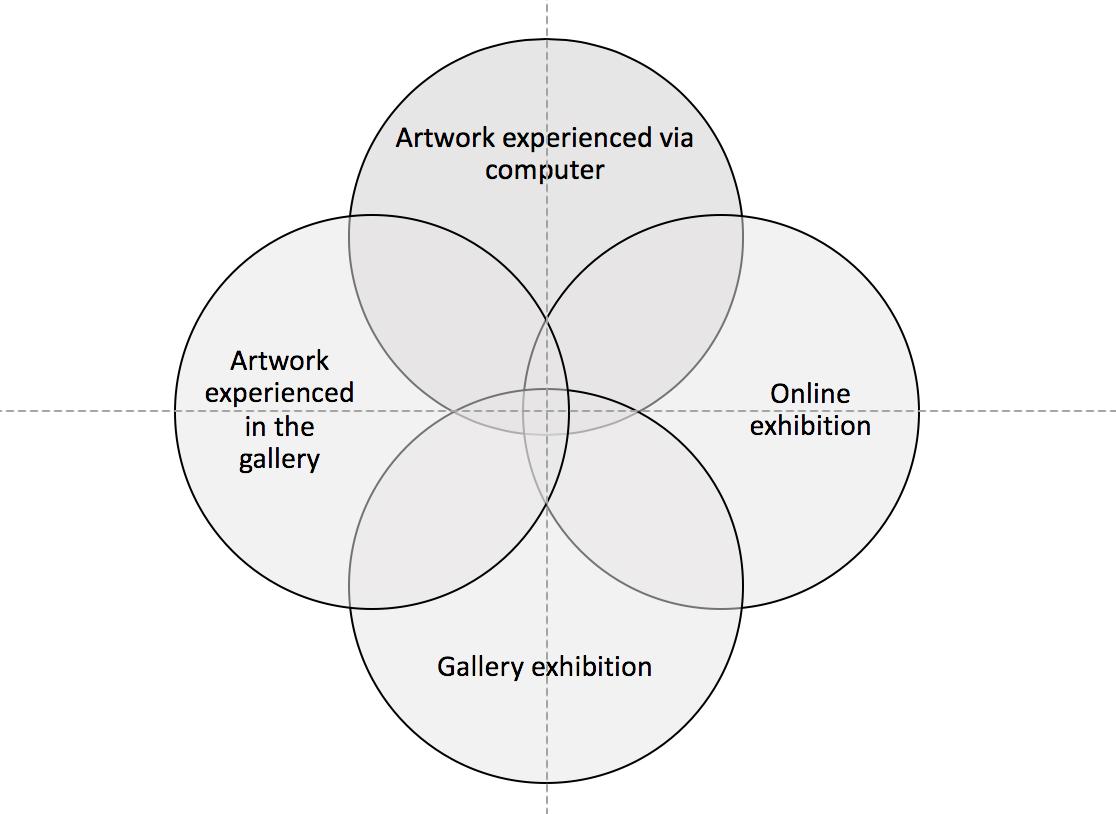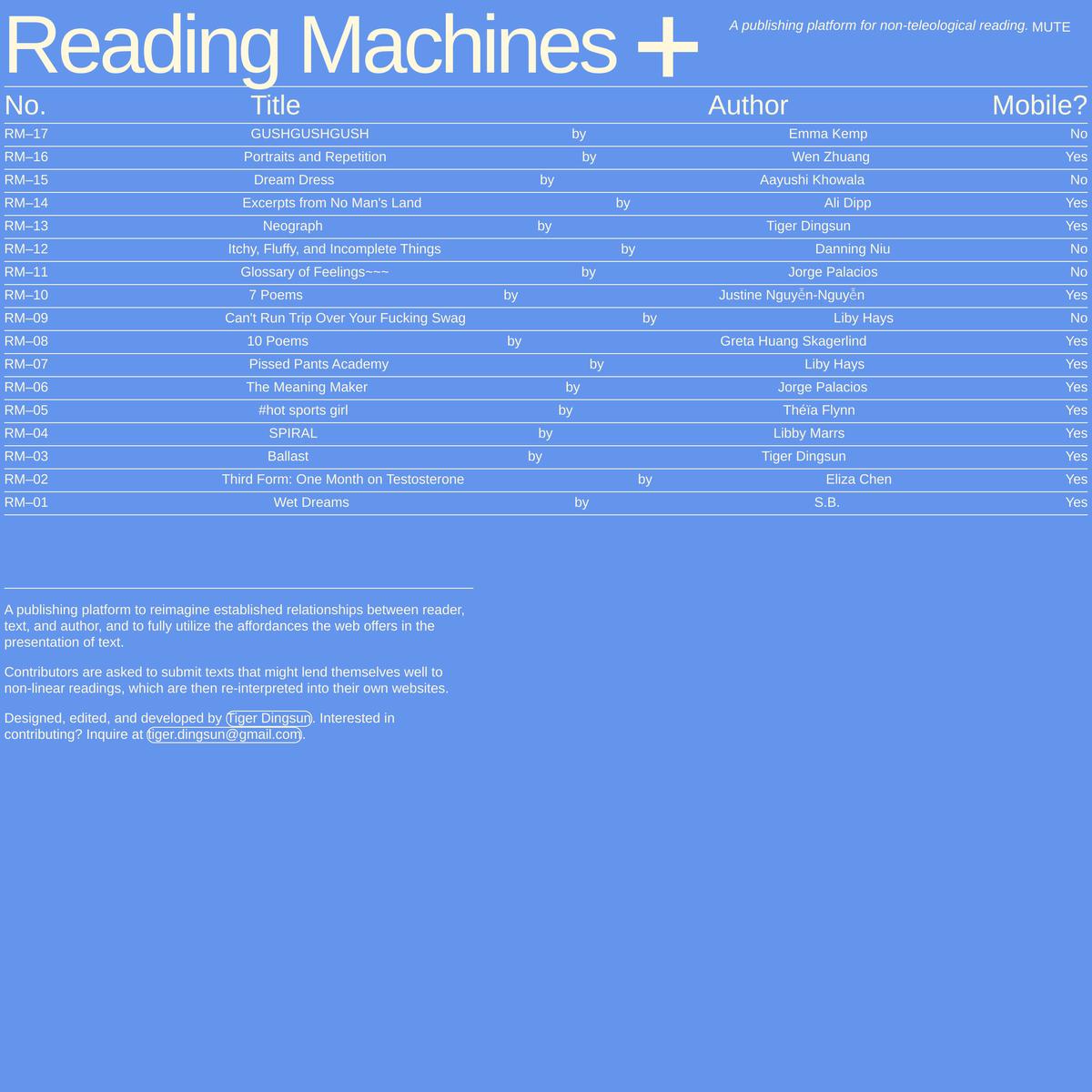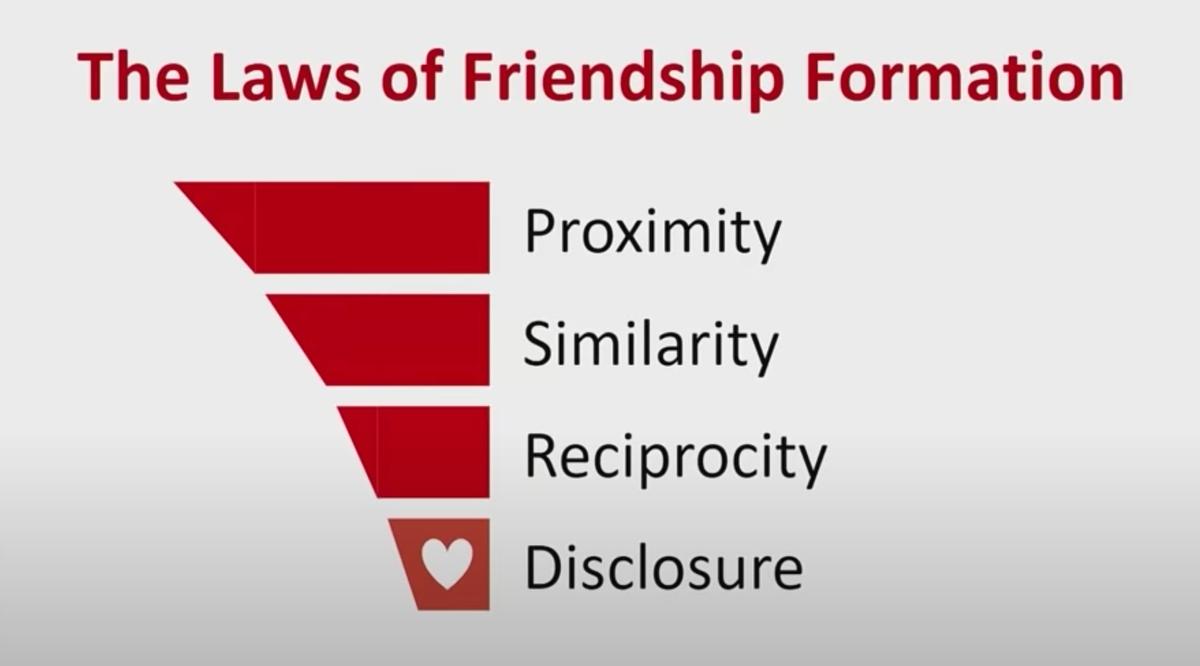syn·site
in dictionary terms: (noun): an entangled, non-singular locus of experience, exchange, environment, observation, objects, or relationships, crystallized in a networked space, actual or virtual, marked by simultaneity, plurality, and potentiality. (verb): the act of synchronizing or integrating multiple disparate locations or concepts into a unified, complex space. This process involves the recognition and active engagement with the overlapping, entangled realities of these sites, effectively creating a new, dynamic, and non-singular site. The usage of "site" as a verb in this context is an extension of its standard usage to refer to positioning or placing something, but here it refers to positioning or placing within a conceptual, multi-layered space.
in dictionary terms: (noun): an entangled, non-singular locus of experience, exchange, environment, observation, objects, or relationships, crystallized in a networked space, actual or virtual, marked by simultaneity, plurality, and potentiality. (verb): the act of synchronizing or integrating multiple disparate locations or concepts into a unified, complex space. This process involves the recognition and active engagement with the overlapping, entangled realities of these sites, effectively creating a new, dynamic, and non-singular site. The usage of "site" as a verb in this context is an extension of its standard usage to refer to positioning or placing something, but here it refers to positioning or placing within a conceptual, multi-layered space.
SYN (along with, at the same time | from Greek SYN, with | ~SYNTHETIC) + SITE (N: point of event, occupied space, internet address; V: to place in position | from Latin SITUS, location, idleness, forgetfulness | ~WEBSITE ¬cite ¬sight), cf. SITE/NON-SITE (from Robert Smithson, A PROVISIONAL THEORY OF NONSITES, 1968)



...it is possible to assert that cyberspace is “just like” real space only if one ignores that cyberspace is peopled by real users who experience cyberspace and real space as different but connected, with acts taken in one having consequences in the other. In all cases, theories of cyberspace as separate space give short shrift to cyberspace as both extension and evolution of everyday spatial practice—as a space neither separate from real space nor simply a continuation of it. That is to say, they ignore both the embodied, situated experience of cyberspace users and the complex interplay between real and digital geographies.
...it is possible to assert that cyberspace is “just like” real space only if one ignores that cyberspace is peopled by real users who experience cyberspace and real space as different but connected, with acts taken in one having consequences in the other. In all cases, theories of cyberspace as separate space give short shrift to cyberspace as both extension and evolution of everyday spatial practice—as a space neither separate from real space nor simply a continuation of it. That is to say, they ignore both the embodied, situated experience of cyberspace users and the complex interplay between real and digital geographies.
...it is possible to assert that cyberspace is “just like” real space only if one ignores that cyberspace is peopled by real users who experience cyberspace and real space as different but connected, with acts taken in one having consequences in the other. In all cases, theories of cyberspace as separate space give short shrift to cyberspace as both extension and evolution of everyday spatial practice—as a space neither separate from real space nor simply a continuation of it. That is to say, they ignore both the embodied, situated experience of cyberspace users and the complex interplay between real and digital geographies.























